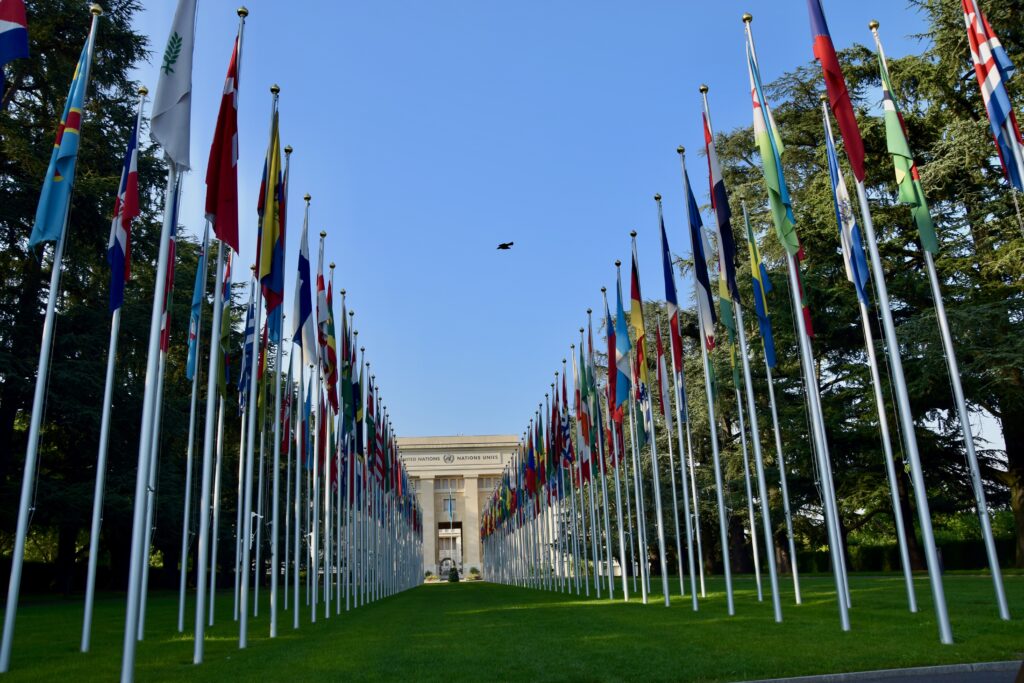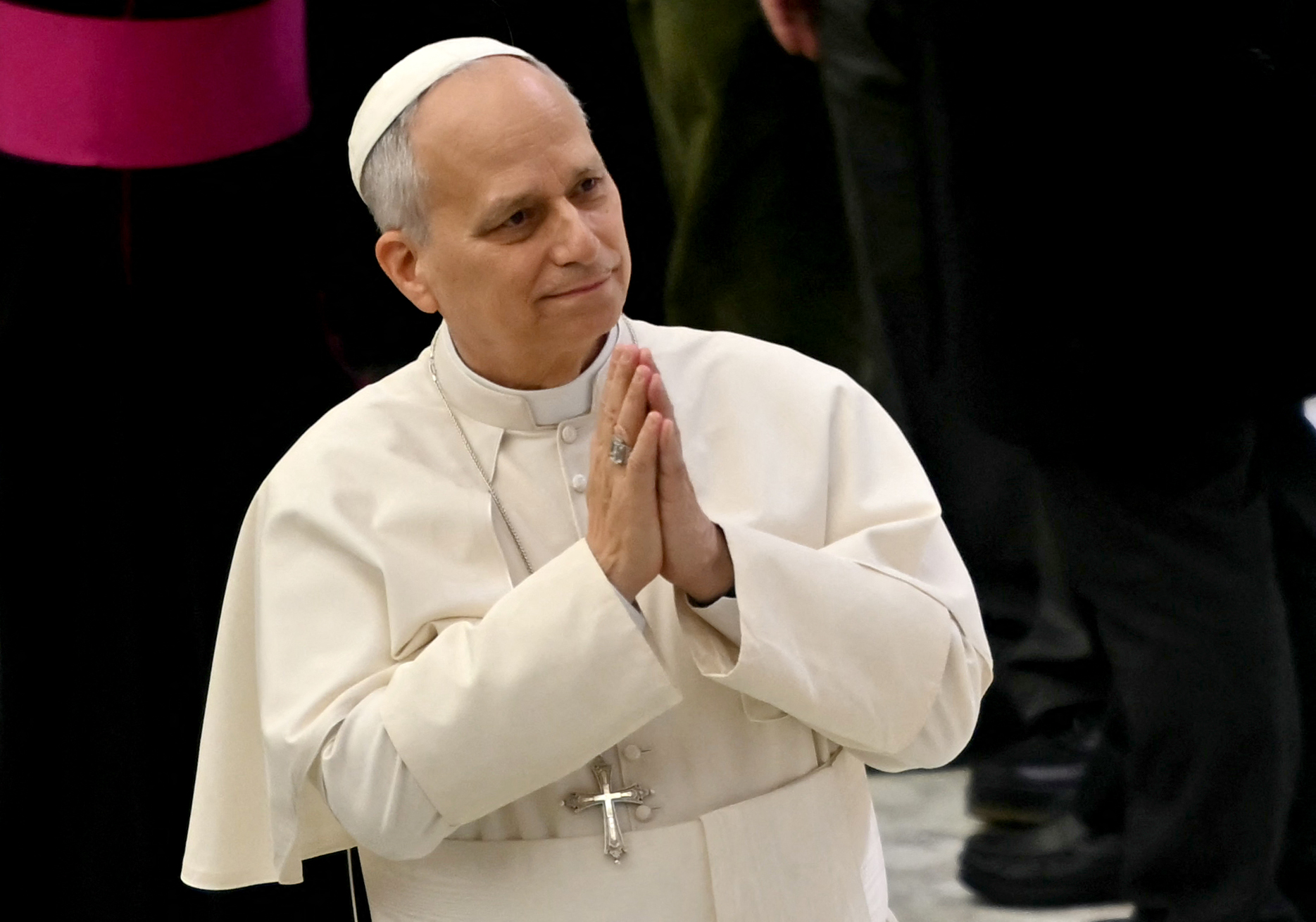
Human Rights Watch (HRW) and Columbia Law School’s Prevention of Crimes Against Humanity Project have jointly advocated for the adoption of a treaty aimed at prosecuting crimes against humanity. This initiative, announced on October 23, 2023, seeks to enhance legal frameworks for addressing serious international crimes. The proposed treaty aims to build upon the 2019 International Law Commission (ILC) guidelines and includes **25 recommendations** for United Nations delegations to consider prior to negotiations.
The treaty would specifically address the protection of historically marginalized groups, including Indigenous communities, women, children, people with disabilities, LGBTQ individuals, and survivors of crimes against humanity. These provisions are intended to create effective avenues for redress and justice for those affected. According to HRW, the new treaty could be adopted as early as **2029**, establishing a comprehensive legal basis for crimes against humanity across international jurisdictions.
Crimes against humanity encompass severe violations such as murder, extermination, enslavement, torture, rape, forced pregnancy, persecution, enforced disappearance, and apartheid. Although the prohibition of these crimes has long been recognized as an established norm in international law, the proposed treaty aims to further formalize these prohibitions and encourage states to enact national laws aligned with international standards.
Key Recommendations and Accessibility in Discussions
The report emphasizes the need for specific definitions within the treaty to adequately address unique harms experienced by various groups. For instance, experts have called for clearer language concerning the crime of forced marriage, which is currently categorized under broader definitions within the Rome Statute. Notably, an **International Criminal Court (ICC)** Appeals Chamber recognized the distinct nature of forced marriage, underscoring its violation of an individual’s right to choose a spouse and start a family.
Additionally, the report highlights the importance of accessibility in the treaty amendment discussions. HRW recommends that proceedings be webcast with simultaneous translations to facilitate participation from diverse groups, including victims, survivors, women’s rights advocates, Indigenous communities, and youth. This inclusive approach aims to ensure that the voices of those most affected by crimes against humanity are heard in the treaty formulation process.
Global Context and Future Steps
The establishment of this treaty comes at a critical time when the international community is increasingly focused on accountability for severe human rights violations. The UN member states have already initiated formal work on the new convention, with discussions taking place in the General Assembly’s Sixth Committee in October 2023.
As the conversation around crimes against humanity evolves, HRW’s report serves as a pivotal step towards strengthening international legal mechanisms aimed at combating these egregious offenses. By advocating for a treaty that explicitly defines and addresses the needs of marginalized communities, HRW and its partners are laying the groundwork for a more inclusive and effective global justice system.






